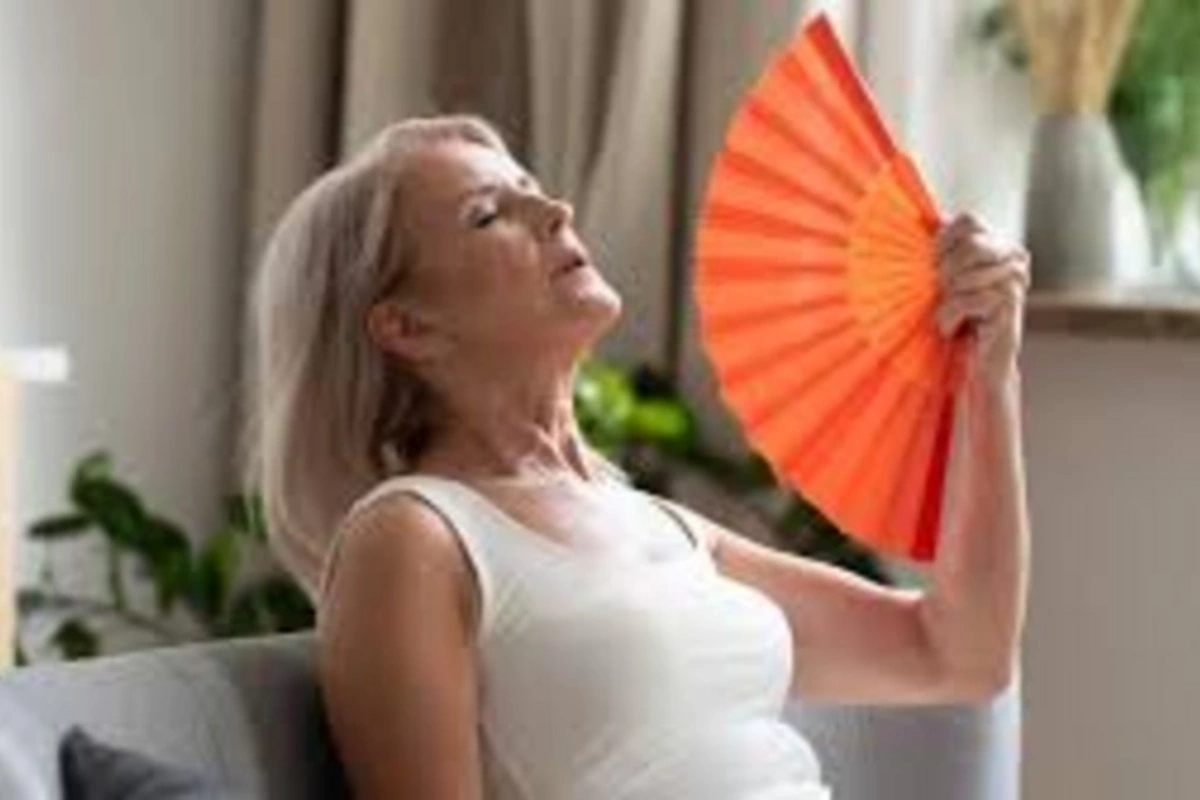12 Jul , 14:20
0

Heat strikes a blow to youth: scientists reveal mechanisms of accelerated aging at high temperatures. During abnormal heat, processes are activated in the body that significantly accelerate the wear of cells and organs, which over time leads to premature aging.
Specialists have identified key biological and physiological reactions of our body to overheating that trigger aging mechanisms.
Oxidative stress
In high temperature conditions, the body begins to produce an increased amount of free radicals - aggressive molecules that destroy cellular structures. In a normal state, protective systems successfully neutralize these substances, but prolonged exposure to heat depletes natural protection. The result is large-scale damage to the skin, blood vessels, and internal organs, which significantly accelerates age-related changes.
Dehydration and its consequences
In hot weather, the body intensively loses moisture through sweating. With insufficient fluid replenishment, dehydration develops, which entails serious metabolic disorders, reduced skin turgor, and deterioration of tissue blood supply. Even slight but regular dehydration noticeably accelerates the processes of wilting and aging of the body.
Sleep disturbance and hormonal imbalance
Elevated air temperature seriously disrupts sleep quality, leading to an imbalance of essential hormones, especially melatonin and cortisol. The imbalance of these substances is directly related to aging processes: degradation of collagen fibers accelerates, tissue regeneration significantly worsens, and cellular renewal processes slow down.
Decreased activity and blood stagnation
In hot conditions, a person's physical activity significantly decreases - characteristic lethargy appears, movements become difficult. This leads to blood stagnation, disruption of the cardiovascular system, and slowed circulation. Organs and tissues experience oxygen deficiency, and the skin loses its healthy tone. All these factors inevitably add age to both appearance and internal body systems.
Ultraviolet radiation and skin aging
When talking about heat, it's impossible not to mention solar radiation. Ultraviolet actively destroys elastin and collagen - key proteins responsible for skin youth and elasticity. Systematic exposure to sunlight leads to dryness, wrinkles, and increased pigmentation - classic signs of photoaging that can appear long before natural age-related wilting.
Conclusion
Heat triggers a real chain reaction of negative processes in the body: from dehydration to serious hormonal and cellular disorders. All these factors together contribute to accelerated aging - both external and internal. To counteract this process, it is critically important to maintain water balance, ensure reliable protection of the skin from the sun, and, if possible, avoid prolonged exposure to high temperatures.